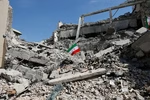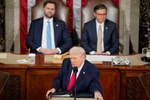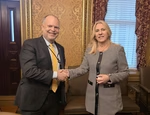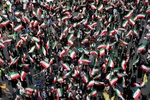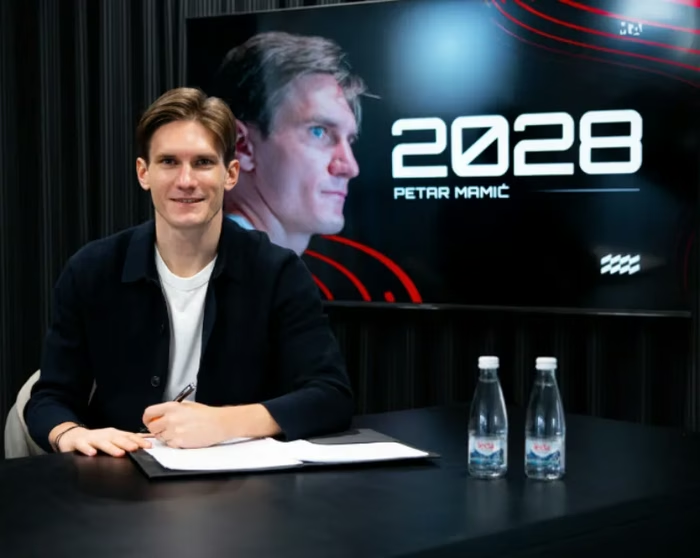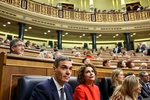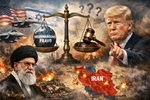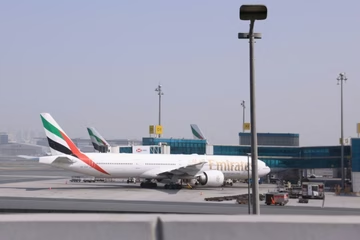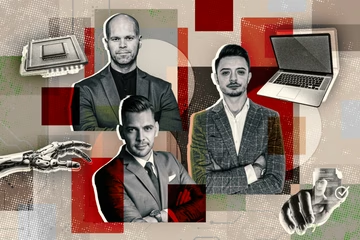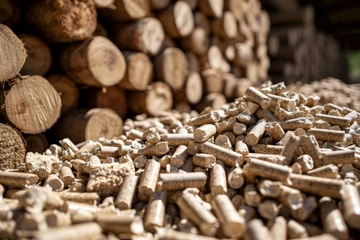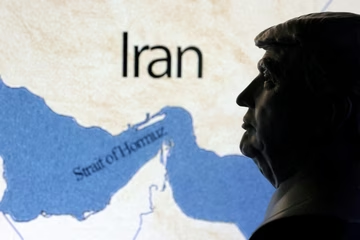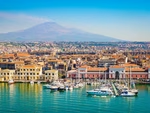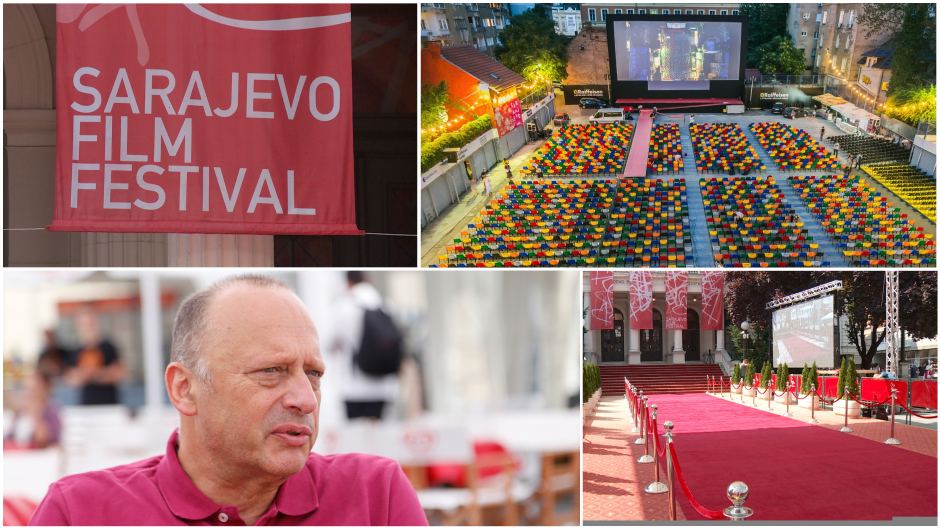
The Sarajevo Film Festival began in humble circumstances in a city still under siege in 1995. Its artistic director and co-founder Mirsad Purivatra believes its modest origins have helped it to flourish and have created an event that many others envy, carries the British ScreenDaily.
On occasion of the Sarajevo Film Festival, officially kicking off on Friday evening, the prominent portal and magazine published a review by Geoffrey Macnab titled 'What can other festivals learn from Sarajevo' describing the history of the festival, its goals and achievements.
“From the beginning, even in the besieged city, we had a very clear vision about the festival,” Purivatra recalled.
As part of the former Yugoslavia, Bosnia had a rich film heritage but its cinema industry was all but obliterated during the war. Purivatra and his colleagues felt a new festival could reconstruct that industry while strengthening its ties with European partners. They set out to present “very strong arthouse films” to the local audiences while they waited for “regular distribution” to return Sarajevo was intended to serve as a meeting place for the region.
It remains a manageable festival where all the guests, whether local, European or world stars, co-mingle.
“I insist on a human size for the festival, where you are not running every two minutes to the next event as in Cannes,” said Purivatra.
Sarajevo attracts over 2,000 visitors but the main events still take place in the same two or three streets and people to walk between screenings.
The festival experience tends to be a short, sharp blast, sandwiched between Locarno earlier in August and Venice, Telluride and Toronto International Film Festival a few weeks later. Delegates tend to come for “three or four days maximum” in what is a very busy period. The idea is they still have time to discover new projects and take all the relevant meetings.
Director Pawel Pawlikowski, whose new film Cold War opens the festival this year, talks fondly of the “magical evening” in which his Oscar winner Ida was given an open-air screening in the festival in 2014. The projection was “fantastic” and there was an “electric atmosphere…an audience that understands cinema but also understands history.”
He says the city itself “is like a piece of film, the most fascinating city in the way it is sculpted and laid out, surrounded by very dramatic mountains, with the Turkish old city, the Austro-Hungarian part and the socialist architecture from after the war. It’s a unique combination”.

Regardless of how well organised and friendly they are, festivals tend to be judged on the quality of films they show and the projects they present. While other events show only premieres, Sarajevo is flexible. It asks for regional premieres but has no problem if films have already shown in competition in Cannes or Berlin or other major festivals.
“We want to discover, support and promote strong regional filmmakers and films,” Purivatra said. “If we have a world premiere, it’s great but we are not insisting on it.”
The goal has always been to present the best films from the region without imposing restrictions that might stop those films being shown elsewhere.
That’s how the In Focus section is able to include such titles as Adina Pintilie’s Golden Bear winner, Touch Me Not, and Nuri Bilge Ceylan’s The Wild Pear Tree, which made its world premiere in competition in Cannes.
Many of these films will already have links with Sarajevo: Touch Me Not was developed as a work in progress through the festival’s co-production market, CineLink.
There are plenty of other examples of talents from the region who’ve flourished internationally thanks to Sarajevo support. They include Serbian director Mila Turajlic’s feature documentary, The Other Side Of Everything. It won the IDFA Award for best feature-length documentary in Amsterdam last November. While in development the film was showcased in Sarajevo’s Docu Rough Cut Boutique.
Romanian auteur Florin Serban’s Silver Bear winner If I Want To Whistle I Whistle passed through Sarajevo’s CineLink co-production market - Serban is back in town with the world premiere of his new feature, Dragoste 1: Câine in competition this year – as did Laszlo Nemes’ Son Of Saul in 2012. It went on to win the best foreign language film, Oscar.
“We experienced the great welcoming enthusiasm and trust on the part of the Festival’s team,” Nemes recalls. “Therefore, upon completing the film, we were glad to present the movie to a highly responsive and curious festival audience, and this experience became a defining one for a film that would continue to have an important international career.”
Purivatra describes CineLink as a “boutique” event where “everyone is treated equally and everyone has enough time.” Meetings, lunches and dinners are informal but carefully organised.
The event also has a reputation for reacting quickly to changing market conditions. Creative documentary is increasingly foregrounded, while CineLink Drama selects the best television drama projects from the region.
“We are living in real time. We can predict one or two years in advance what will be the new trends,” suggests Purivatra.
But in spite of its success, the festival struggles to secure the funding it needs every year. “It’s one of the threats we have in our organisation,” Purivatra reveals. “We are a non-profit organisation, we are not a state-owned company and we have to apply every year to European funds and to local funds.”
The current budget is at around €1.3 million. 30% comes from state sources. 20% comes from European funds. The rest comes from sponsorship, other smaller funds, tickets and merchandising.
Memories of the war are still very raw but Purivatra points to the festival’s role in encouraging the rapprochement and in providing a “home” for filmmakers and professions across the region. “From the beginning, from 1995, even during the siege, we had guests from Zagreb. A few months after the end of the war, we had a guest from Serbia,” the festival director declares. “Sarajevo was always the place for meetings. It was not the place for political fights.”
Kakvo je tvoje mišljenje o ovome?
Učestvuj u diskusiji ili pročitaj komentare





 Srbija
Srbija
 Hrvatska
Hrvatska
 Slovenija
Slovenija








